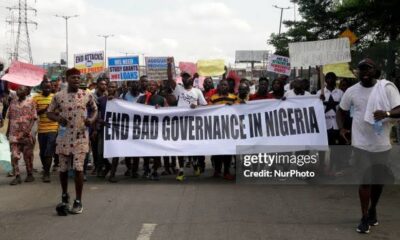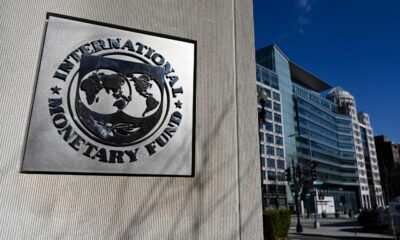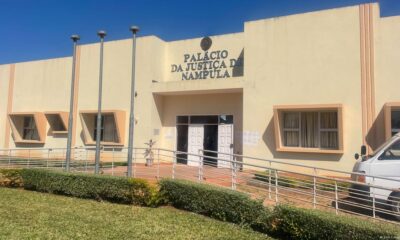Banks are implicated in about 70% of financial crimes in Nigeria, according to the Economic and Financial Crimes Commission (EFCC).
This was revealed by EFCC Chairman, Ola Olukayode, during a speech at the Association of Chief Audit Executives of Banks in Nigeria’s 2023 Annual Retreat and General Meeting in Abuja. He pointed out that the banking sector was increasingly becoming a cesspool of fraudulent activities, and this had been raising considerable challenges and concerns for the commission.
Olukayode, who was represented by the Director, Internal Audit, EFCC, Idowu Apejoye, said there was a need for concerted effort by relevant authorities and professionals, especially audit executives, to prevent and tackle issues of fraudulent practices in the sector.
He said, “Broadly speaking, banking fraud in Nigeria is both inside and outside related. Inside-related fraud comprises outright selling of customers’ deposits, authorising loan facilities, forgery and several other kinds of unhealthy and criminal practices.
“The outsider related ones include hacking, ATM fraud, and conspiracy, among others. And then the absurd one is when both collaborate—that is, collaboration among the bankers and the outsiders.
“That one is the one that is really absurd because when you do that, that means you are selling out the system. It is estimated that about 70% of financial crimes in Nigeria are traceable to the banking sector, this scenario is disturbing and unacceptable.”
Olukayode said that ACAEBIN should make sure that accounts are properly reconciled each month in compliance with accounting regulations in order to stop the inconsistencies.
He gave the group tasks like keeping an eye on banks’ financial operations, comparing actual and planned revenue and expenses, conducting periodic assessments, and conducting checks.
Prince Akamadu, the chairman of ACAEBIN, declared that the organisation would strive to implement some of the suggestions made by the head of the EFCC.
He added that one of the goals of the retreat was to address the association’s complete commitment to resolving Nigeria’s foreign currency problems.
“That is part of the reason why we are having this retreat—to ask ourselves, to do an introspection and ask ourselves, given our position in the banking industry, or the executives of banks in Nigeria, are we doing enough?
“Have we done enough? What more can we do to help in sanitising the system? Are there things the banks could do to help in sanitising the FX in this country?”
“By the end of this retreat, we are expected to come up with a communique, and we hope to address some of the issues, one way or another, that will address the role of banks in FX challenges in this industry.”
For the past year, e-payment channels like computer/web, mobile, and point of sale have continued to be targeted by scammers. FITC’s “Reports on Frauds and Forgeries in Nigerian Banks” show that banks record 78,584 occurrences of online fraud annually, indicating that the growth of electronic payments has allowed for the persistence of this crime.
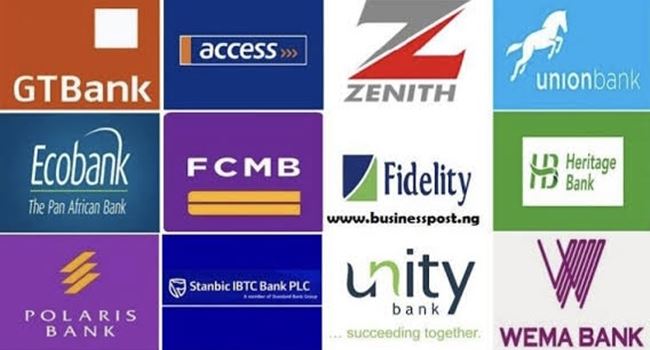
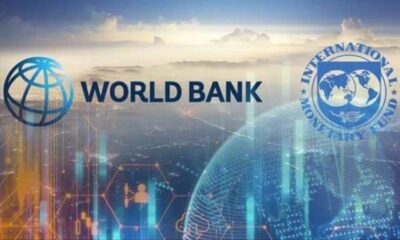
 Musings From Abroad2 days ago
Musings From Abroad2 days ago
 Metro1 day ago
Metro1 day ago
 Metro1 day ago
Metro1 day ago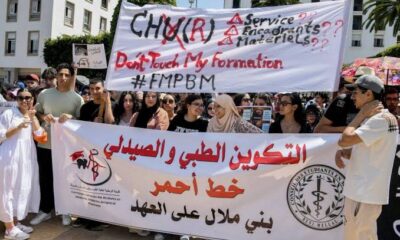
 Culture1 day ago
Culture1 day ago







